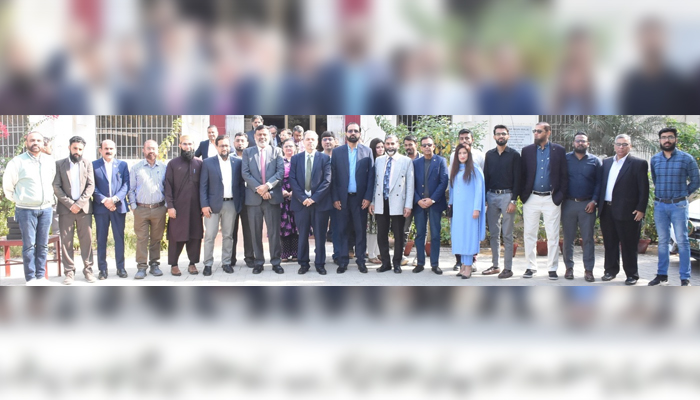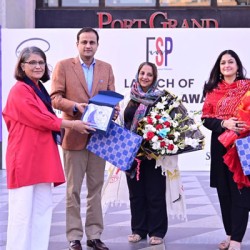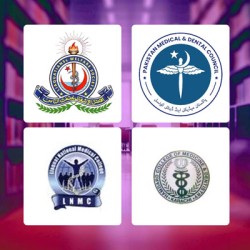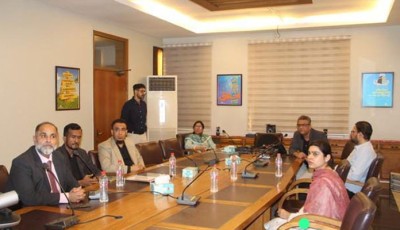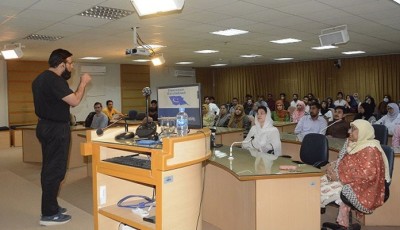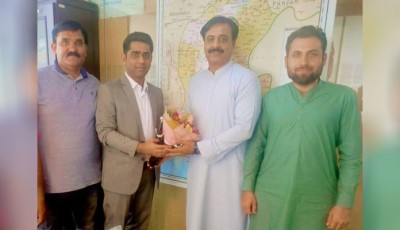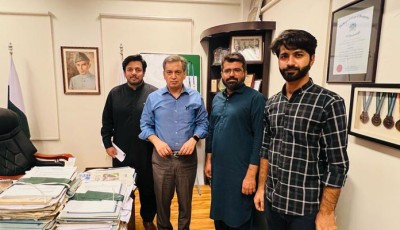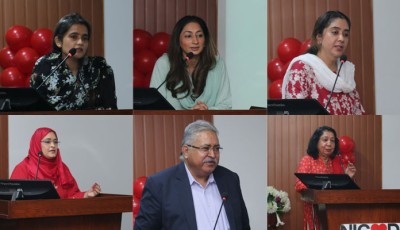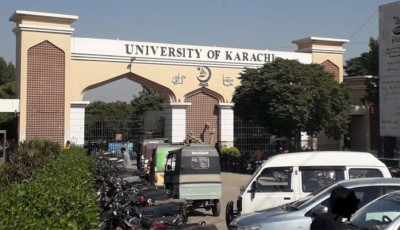Karachi: Sardar Yaseen Malik Professional Development Centre of the University of Karachi organized a one-day digital healthcare workshop session on ‘digital health and ML/AI in healthcare’ to share core knowledge and concepts of digital healthcare on Monday.
The KU Vice Chancellor Professor Dr Khalid Mahmood Iraqi expressed that the revolutionary inventions of artificial intelligence have left the world in awe. He observed that the future of AI implementation in healthcare is very bright, as it can introduce medical professionals to unique and astonishing methods while playing a key role in advancing new horizons in the medical field.
He informed the audience that the global AI healthcare industry is projected to reach US$187 billion by 2030, growing at an annual rate of over 37 percent. In Pakistan, there is one doctor for every 1,300 people, and only 0.6 hospital beds for every 1,000 people, which is significantly lower than the global average.
The KU Vice Chancellor Professor Dr Khalid Iraqi stated that the healthcare sector is paramount as it directly affects both the current and future generations of humanity. He shared that technology is rapidly advancing in every field, especially in healthcare. We need to align ourselves with the modern demands of the present era.
He said that AI-driven solutions are already making a difference worldwide as the machine learning algorithms can detect breast cancer with an accuracy of over 90 percent and AI-powered radiology tools can analyze X-rays and MRIs faster and more accurately than traditional methods.
The workshop’s resource person, Dr Izhar Hassan of Hackensack School of Medicine from Rutgers University, USA in his keynote address highlighted global practices in healthcare. He urged that the Pakistani governments should focus on AI use in the healthcare sector improve the results and save valuable lives.
On this occasion, Professor Dr Zafar Iqbal from Dow University of Health Sciences and Professor Dr Nadeem Mehmood from KU’s Department of Computer Science introduced a joint mobile application aimed at improving first response in emergencies to save precious lives.
The Director of the KU SYM Professional Development Dr Syed Asim Ali shed light on the opportunities and challenges in the field of AI in healthcare and digital health in Pakistan. Meanwhile, another faculty member of the KU’s Department of Computer Science Dr Farhan Ahmed Siddiqui created and presented a chatbot for doctors with the help of AI during the session.
